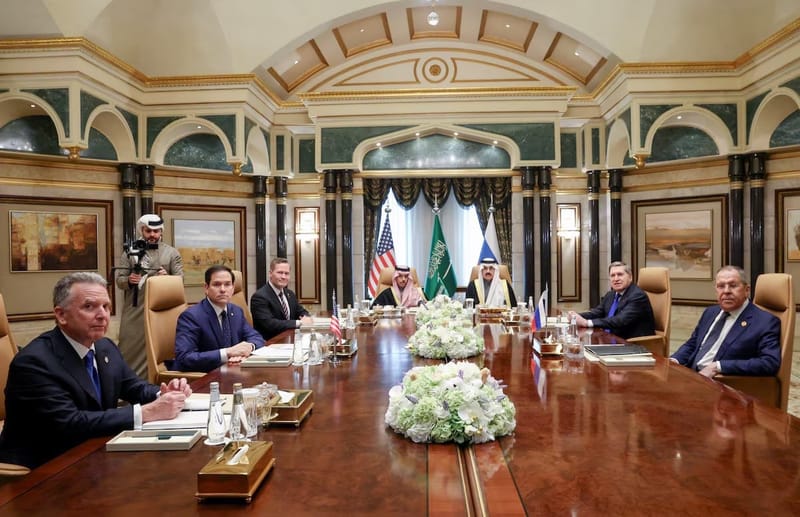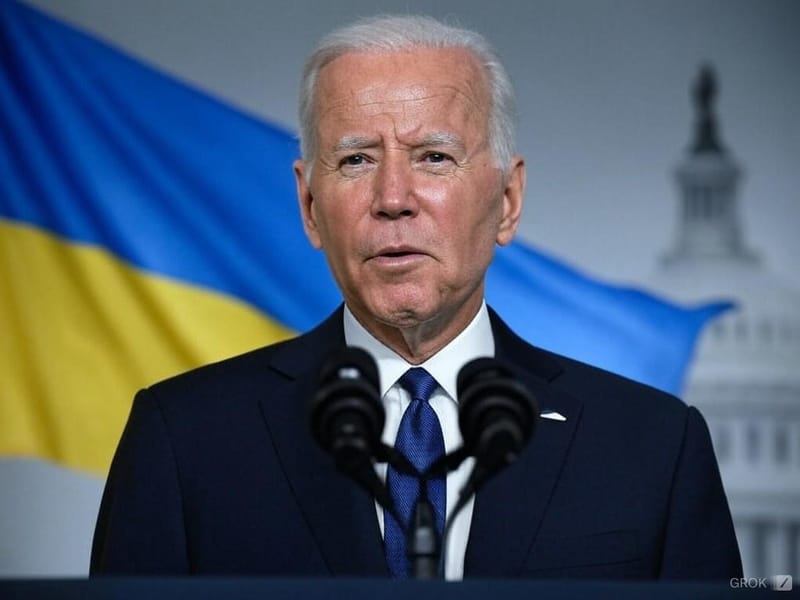Biden's Ukraine Aid Draws Criticism Amid California Wildfire Crisis
Residents Question Priorities as Fires Rage in Los Angeles Los Angeles, CA - January 8, 2025 As wildfires ravage parts of California, particularly in Los Angeles County, a fresh wave of criticism has emerged targeting President Joe Biden's recent decision to allocate another $500 million in military aid
Residents Question Priorities as Fires Rage in Los Angeles
Los Angeles, CA - January 8, 2025
As wildfires ravage parts of California, particularly in Los Angeles County, a fresh wave of criticism has emerged targeting President Joe Biden's recent decision to allocate another $500 million in military aid to Ukraine. The move, announced just as emergency services were battling the flames in the Golden State, has sparked a heated debate about the administration's priorities.
In the midst of evacuations and widespread devastation caused by the fires, many residents and commentators on social media platforms expressed frustration. Some argued that the urgency of the situation in California might warrant a reevaluation of where federal resources should be directed.
On a day where Americans in Los Angeles are watching their homes, pets, and businesses burn—and could use some aid—the Biden administration is preparing to send another $500 million to Ukraine.
— Charlie Kirk (@charliekirk11) January 8, 2025
This is why they lost. pic.twitter.com/Z0MOJjvLXs
"It feels like our country is burning, and yet, we're sending aid abroad," commented one local resident, whose home narrowly escaped the flames in the Palisades area. This sentiment echoes a broader discussion on how aid is prioritized, especially when domestic emergencies coincide with international commitments.
The Biden administration has been vocal about its support for Ukraine, emphasizing the need to counter Russian aggression and bolster democratic allies. However, the timing of this latest aid package has led to questions about whether enough is being done at home.
In response to the wildfires, California Governor Gavin Newsom declared a state of emergency, and federal assistance has been promised, but the specifics of these efforts have not garnered the same level of public attention as the Ukraine aid announcement. Local fire departments, already stretched thin, have been working tirelessly, with some expressing concerns over equipment shortages and the broader implications of resource allocation.
🚨 #BREAKING: Biden is set to announce another $500 MILLION in handouts to Ukraine, while California burns
— Nick Sortor (@nicksortor) January 8, 2025
Over 1,000 homes have been reduced to literal ash so far, and Joe Biden is ONCE AGAIN proving he’s America Last
Absolutely disgusting. pic.twitter.com/FGrmpWqwnE
The administration's strategy, as explained by White House officials, involves a balance between international obligations and domestic needs. They argue that the aid to Ukraine is part of a long-term commitment made well before the recent fires, and that the response to the wildfires involves multiple layers of government action, including significant federal support through agencies like FEMA.
Yet, the juxtaposition of these events has left many with a bitter taste, questioning the efficacy and timing of government actions. "We need to see that our leaders can walk and chew gum at the same time," said another Californian, highlighting the public's desire for a government that can manage crises both at home and abroad with equal competence.
As the situation in California continues to evolve, with firefighters making headway against the blazes, the debate over resource allocation will likely persist, reflecting broader themes of governance, empathy, and the complex calculus of national and international policy in times of crisis.




